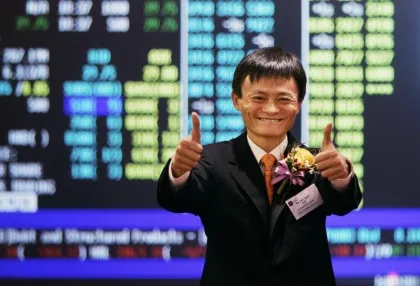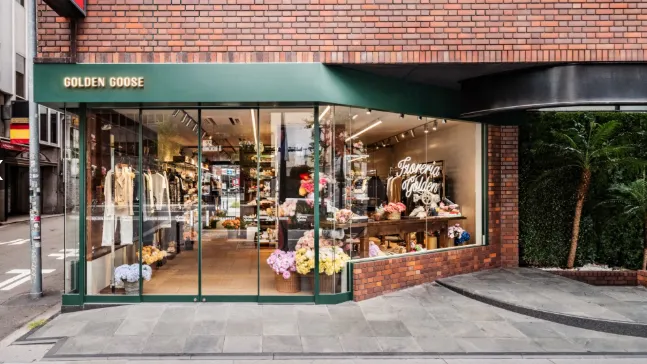
Alibaba IPO makes a splash
Alibaba, China’s largest e-commerce company, last month became a publicly traded technology powerhouse after it launched a blockbuster share offering in New York that drew worldwide attention.
Its first trade at US$92.70 was well above the US$68 initial price that some investors paid. Alibaba shares finished the first day at US$93.89, giving the company a market value of US$231 billion, larger than Procter & Gamble Co.
Analysts said the IPO fortifies Alibaba with a sizable war chest for possible acquisitions and product launches to compete with Chinese Internet rivals Tencent Holdings Ltd and Baidu, Inc. and allows it to quickly expand in overseas markets, including the US.
Founded in the apartment of executive chairman Jack Ma 15 years ago, Alibaba built its e-commerce empire by connecting China’s entrepreneurs, first with overseas clients and then with hundreds of millions of domestic consumers.
Ma has insisted that the company will keep its primary focus on China, but the attention and financial clout from the initial public offering could change that, said a WSJ report.
Revenue for Alibaba’s most recent fiscal year was US$8.6 billion, less than one-eighth of Amazon.com Inc., but its market value now exceeds that of Amazon’s.
Employees at Alibaba's headquarters in Hangzhou celebrated their new wealth with a fireworks display, while Silicon Valley venture capitalists took in the spectacle with a mixture of awe and dread.
Alibaba is now China’s – and by some measures, the world’s – biggest online commerce company. Its three main sites – Taobao, Tmall and Alibaba.com – have hundreds of millions of users, and host millions of merchants and businesses. Alibaba handles more business than any other e-commerce company. Transactions on its online sites totalled US$248 billion last year, more than those of eBay and Amazon.com combined.



















 Advertise
Advertise






